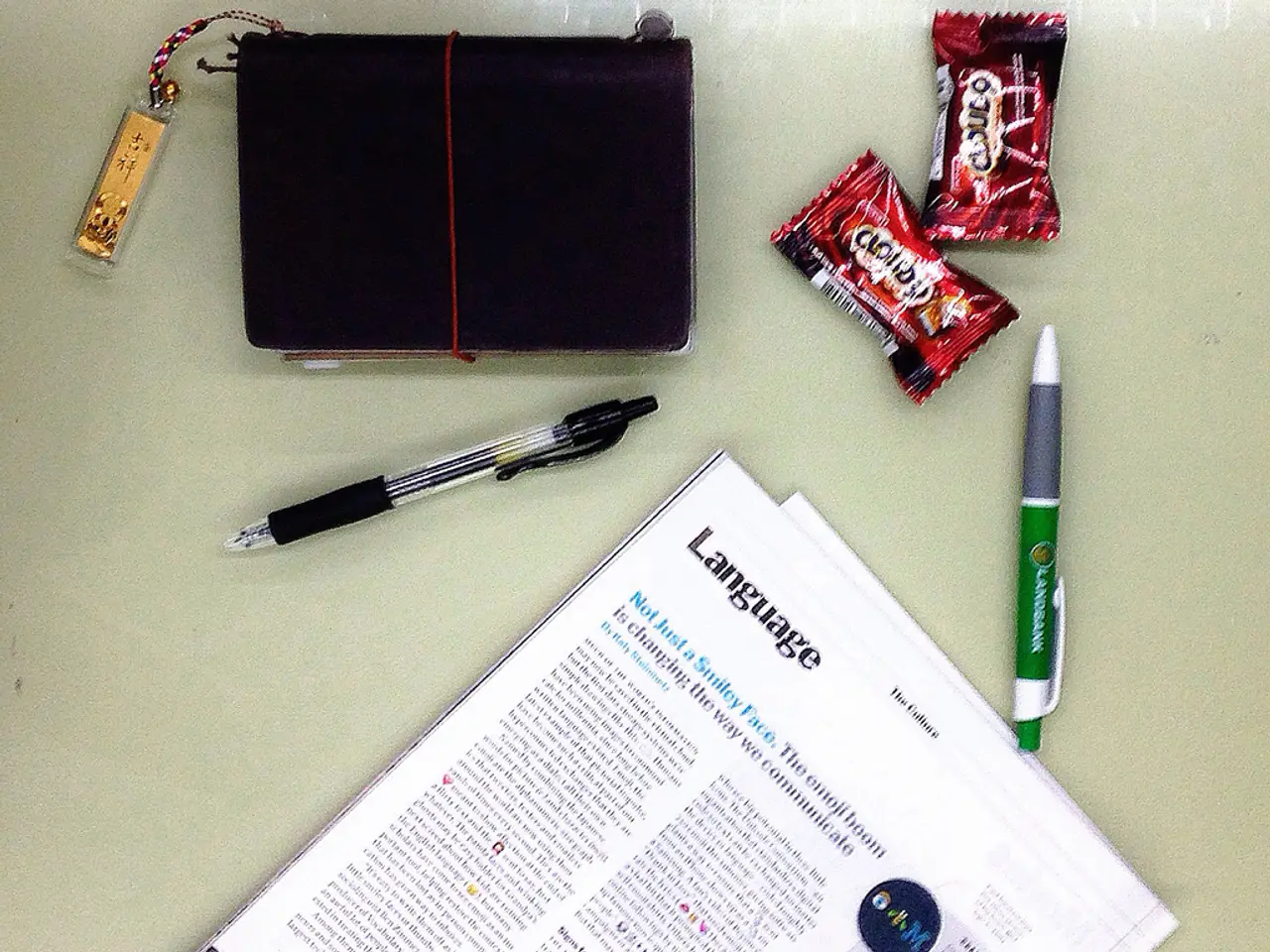The Importance of IB Mock Exams for Succeeding in the Diploma Programme
IB mock exams are practice sessions designed to closely resemble the final May or November IB exams. These school-administered tests cover all subject groups (1 through 6) and offer full paper simulations that mirror the real exam formats, including types of questions, topics, and paper difficulties.
Mock exams are an essential tool for IB Diploma success. They help students familiarise themselves with the specific command terms and question demands of IB assessments, which are crucial for meeting the IB's assessment objectives and marking rubrics.
One of the key benefits of mock exams is the opportunity they provide for practice in time management and exam techniques. This practice helps reduce anxiety and increases confidence on exam day. Mock exams also allow students to identify their strengths and weaknesses across subjects and topics, enabling targeted revision through progress tracking and analytics tools.
In addition, mock exams reinforce critical IB skills such as analytical thinking, evaluation, and essay structuring. These skills are tested through external assessments covering all course material.
Mock exams often include comprehensive feedback systems, such as AI scoring tools that provide instant markband-aligned commentary and detailed criteria breakdowns for each answer. This real-time feedback helps students understand their performance and identify areas for improvement.
Scoring consistently at 6 or 7 in mock exams indicates a strong position, while scoring a 4 or below can be a warning sign. In such cases, focusing on questions and topics where the lowest scores were achieved can help in revision.
If a student does badly in a mock exam, it is a wake-up call to identify weaknesses and target those areas in revision. Feedback sessions can provide insights into what was misunderstood, and platforms like RevisionDojo offer digital grading and annotated mock review.
Reviewing all mark schemes can help students understand what gets rewarded in each criterion. Mocks help students practice pacing, prioritization, and decision-making under pressure. They also aim to mimic official exam conditions, gauge student readiness, provide grading aligned with IB rubrics, and highlight weak areas months in advance.
In sum, IB mock exams provide a realistic rehearsal of the final exams, improve students’ exam technique, and guide focused study efforts—fundamental factors in achieving strong IB results and diploma success.
Revision tools, such as digital grading and annotated mock review platforms like RevisionDojo, can help students address their weaknesses identified during mock exams. The learning experience offered by online-education and education-and-self-development resources can be enhanced through targeted practice using online-education platforms that offer mock exams.




